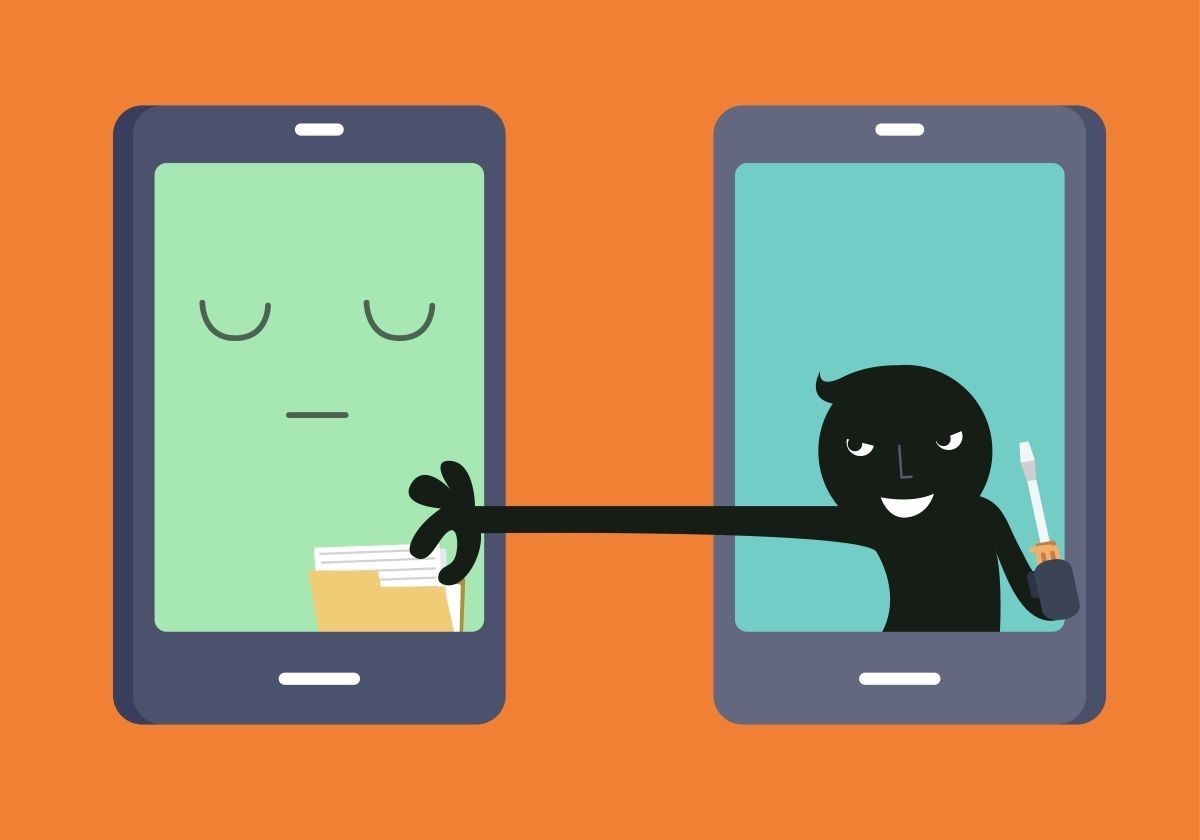
Welcome!
I am a skilled mobile technology blogger.
ARTICLE SAMPLES
How to stop apps from spying on you
When it comes to mobile applications, the first security rule is to download them from the official app stores. Fortunately, many people follow this basic rule; however, some evil apps manage to find their way into the official stores every now and then. Here's what you need to do to stay safe.

Sometimes you will discover that even the apps that have been denied all permissions continue to gather data from your phone; most of them do that by harvesting the information which was collected by legit applications. You may be surprised, but some app developers already know your phone's model, phone number, email address, IP address, location history, current location, and more. Some of them may even have access to your phone's cameras, and thus are able to see what you're doing whenever they want to!
So, the very first step is to take a good look at each app that's installed on your device, and then decide if it should stay or go. My recommendation is to keep the number of installed apps to a minimum, because this will also reduce the number of security vulnerabilities.
Let's say that you've uninstalled most bloatware, and you are now down to a list of 30 apps you can't live without. Go through each one on your list, and then remove all the unnecessary permissions. It is very important to learn as much as possible about app permissions, of course; otherwise, you'll make quite a few mistakes. To get you started, here's the official Android documentation, which lists all the permissions. A similar list for iOS can be found in the iOS Security guide.
Apps that require access to your device's microphone will have the ability to listen to you, for example. While this may be needed for a guitar tuning app, it makes no sense to request this permission for a racing game. In this case, the developer may have coded his app poorly, or he's done that on purpose, with the goal of gathering as much sensitive data from you as possible.
However, some apps may request access to certain features because they really need them. Let's take a calendar app as an example; it may request the ability to make phone calls, because it allows you to call your contacts from within the calendar app, and that is a time saving feature.
And yet, I'd disable this feature in an instant, because it would also allow hackers to call fraudulent phone numbers in case that they discover a vulnerability in the calendar application. So, use common sense and revoke as many permissions as possible. And if a particular application refuses to run when an invasive permission is revoked, find an alternative – I guarantee that you'll find more than an option in the app store.
It goes without saying that you should keep the phone free from any form of malware. Even 100% clean apps may have flaws that can be exploited by cyber criminals, so be sure to scan all your devices regularly. While iPhones are known to be slightly better when it comes to malware protection, Android devices have increased their security levels due to Google Play Protect, the company's built-in malware protection, which does a good job. For best results, you should also install a free malware scanner such as Bitdefender Antivirus Free, which won't slow down your device and has a great malware detection score.
Turn off location settings when you aren't using them; by doing that, you will also increase battery life significantly. You should also delete your location history regularly; don't allow advertisers to find out what places and stores you are visiting.